Keywords: Exploitation
There are more than 200 results, only the first 200 are displayed here.
-
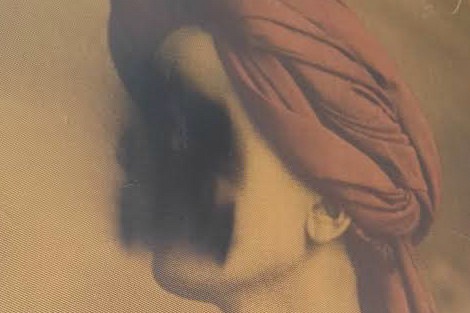
AUSTRALIA
- William Scates Frances
- 11 May 2016
13 Comments
Dismantling white myths about history is a positive step, a potential pin in an ethnic nationalism which lingers here. Yet these posters pop up often not in bastions of that denial, but rather on walls across Western Sydney, in suburbs whose demographics hardly tell tales of fortresses of white privilege. It seems that, less than a project to dismantle white myths about history, the popularity of these stories is more an attempt to bring non-white Australians into a new myth in the making.
READ MORE 
-
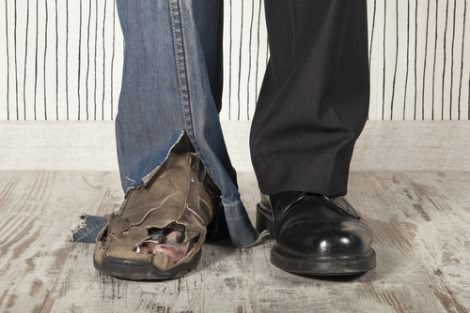
AUSTRALIA
- Marcelle Mogg
- 05 May 2016
18 Comments
Even the International Monetary Fund recognises that the best way to grow an economy is to reduce the divide between rich and poor, ensuring that all people have a chance to participate in the social and economic life of a country. The Coalition government remains resolutely opposed to this growing body of evidence, continuing to rely on economic structures that entrench disadvantage, then blame the poor for their fate. The Budget provides tax cuts to the rich and service cuts to the rest.
READ MORE 
-
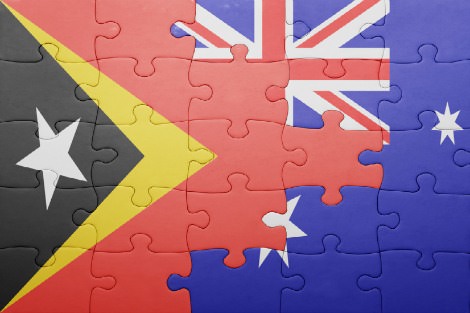
AUSTRALIA
- Frank Brennan
- 21 March 2016
10 Comments
Rui Maria de Araujo, the prime minister of Timor-Leste, wrote to Malcolm Turnbull inviting him to turn a new leaf in the Australia-Timor relationship. It was not to be. But the Timorese are well used to winning the hearts and minds of Australians even when our political leaders appear to be tone deaf to their pleas. This time they have convinced the Labor Party about the justice of their cause, and there is every chance that the Australian community will rally behind them after the federal election.
READ MORE 
-
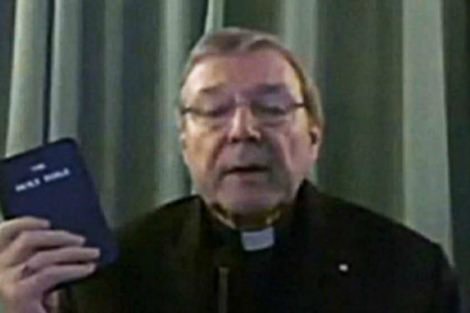
AUSTRALIA
- Moira Rayner
- 04 March 2016
40 Comments
A feeding frenzy is afoot over the review of Safe Schools program. At the same time poor old George Pell is under attack for failing to observe that his Ballarat colleagues were prolifically enabling Ridsdale and other pedophiles to sexually abuse little boys. The prurient desire to control the sexual interests of others on the one hand, and on the other the gross failures by institutions to protect vulnerable children in their care, are sadly linked to an unwillingness to face the truth about human sexuality.
READ MORE 
-

RELIGION
- Frank Brennan
- 03 December 2015
The consideration of medico-legal problems in the public square of a pluralistic democratic society keeping pace with profound technological change is often marked by simplistic assertions, precluding considerations of comprehensive world views, whether religious or philosophical. It is now commonplace for doctors to be told to leave their consciences at the door, as their patients are consumers and they are suppliers and of course the market decides. Debates about law and policy are often resolved with simplistic assertions about individual rights and autonomy, with little consideration for the public interest, the common good, and the doctor-patient relationship. Even conscience is said to be a matter for contracting out. This evening I ask whether there are more compelling ways to resolve medico-legal dilemmas, while conceding a limited role for law in determining the range of acceptable answers.
READ MORE
-

AUSTRALIA
- Jeff Sparrow
- 02 December 2015
7 Comments
For many years, historian Gary Foley has drawn attention to the racist past inscribed throughout the infrastructure of Melbourne University. Now, some staff and students are campaigning to rename facilities linked to particularly egregious individuals, such as the Richard Berry building, named after a leading eugenicist who stole the corpses of Indigenous people for research designed to prove the racial superiority of whites. While some accuse the campaigners of politically correct censorship, in fact the past has already been censored, and the campaigners are dragging it back into the light.
READ MORE 
-
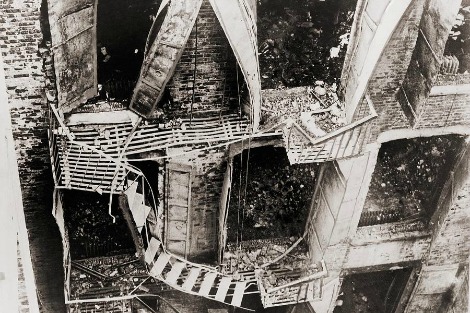
INTERNATIONAL
- Beth Doherty
- 27 November 2015
4 Comments
This week marked three years since the Tazreen Fashions factory fire in Dhaka, Bangladesh, left over 100 garment workers dead. Six months later, Rana Plaza in Dhaka collapsed, and 1134 people were killed. Labels for top brands such as H&M and Benetton were found in the rubble. While steps have been taken by some companies to promote ethical supply chains, it may be that the only way for a more just treatment of garment workers is the proper organisation of the workers themselves.
READ MORE 
-

ARTS AND CULTURE
- Tim Kroenert
- 12 November 2015
1 Comment
Against the backdrop of the crash of the US housing market, we linger on the lurid details of families' removal from the brick boxes that have been their homes for decades. We can only watch as they cycle through stages of denial, bargaining, fury and grief. These are well meaning people who have innocently fallen foul of a system that deals in laws and dollars, not humanity. It is a system so corrupt it turns the exploited into exploiters; where its desperate victims embrace corruption in turn as a means of survival.
READ MORE 
-

ARTS AND CULTURE
- Tim Kroenert
- 06 November 2015
2 Comments
Pakistani teenager Malala Yousafzai came to international prominence in 2012 after being shot in the head by a Taliban gunman, for her advocacy for girls' education. He Named Me Malala ponders whether her father shares indirect responsibility for the shooting, as he encouraged her advocacy. The question of exploitation is relevant whenever a child enters the public gaze, but here it threatens to undermine Malala's own agency, as a young woman who can think, speak and act powerfully on her own behalf.
READ MORE 
-
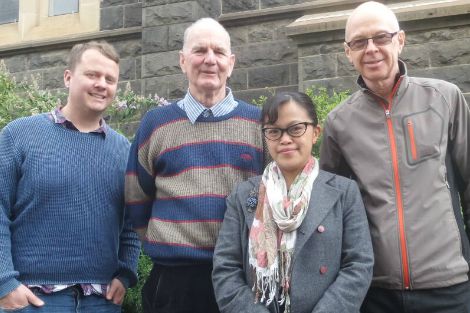
AUSTRALIA
- Michael Mullins
- 21 September 2015
12 Comments
It's about eschewing hard facts and egocentricity to imagine the world through other people's eyes. I was prompted to think about empathy by the Abbott Government's decision to take 12,000 Syrian refugees. Whether or not the motivation was political, it's actions that count. Which was indeed the case with the Minister Dutton's display of negative empathy in his joke about the precarious climate plight of Australia’s friends who live in Pacific Island nations.
READ MORE 
-

- Frank Brennan
- 26 August 2015
7 Comments
When addressing Italian doctors last November, Pope Francis quoted St. Camillus de Lellis who suggested that the most effective method in caring for the sick was simply to 'Put more heart into those hands.' Let's do something to change the market settings and political settings here in Australia to modify the behaviour of all Australians in the future, and let's attend to our own Franciscan interior ecological conversion with our care for the vulnerable.
READ MORE
-
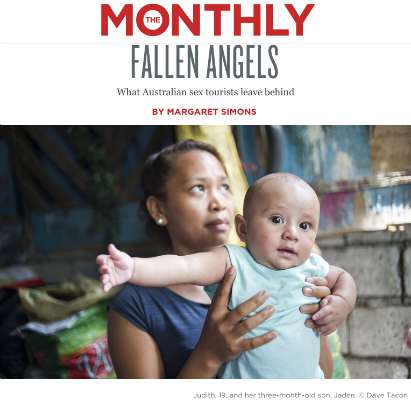
AUSTRALIA
- Fatima Measham
- 27 July 2015
14 Comments
February's arrest of Australian man Peter Scully in the Philippines has focused concern on the sexual exploitation of Filipino women and children by foreigners. As long as they feel disempowered, when their sense of worth is measured by implicit trust and hope in white saviours and the dollar, they will continue to be preyed upon.
READ MORE 